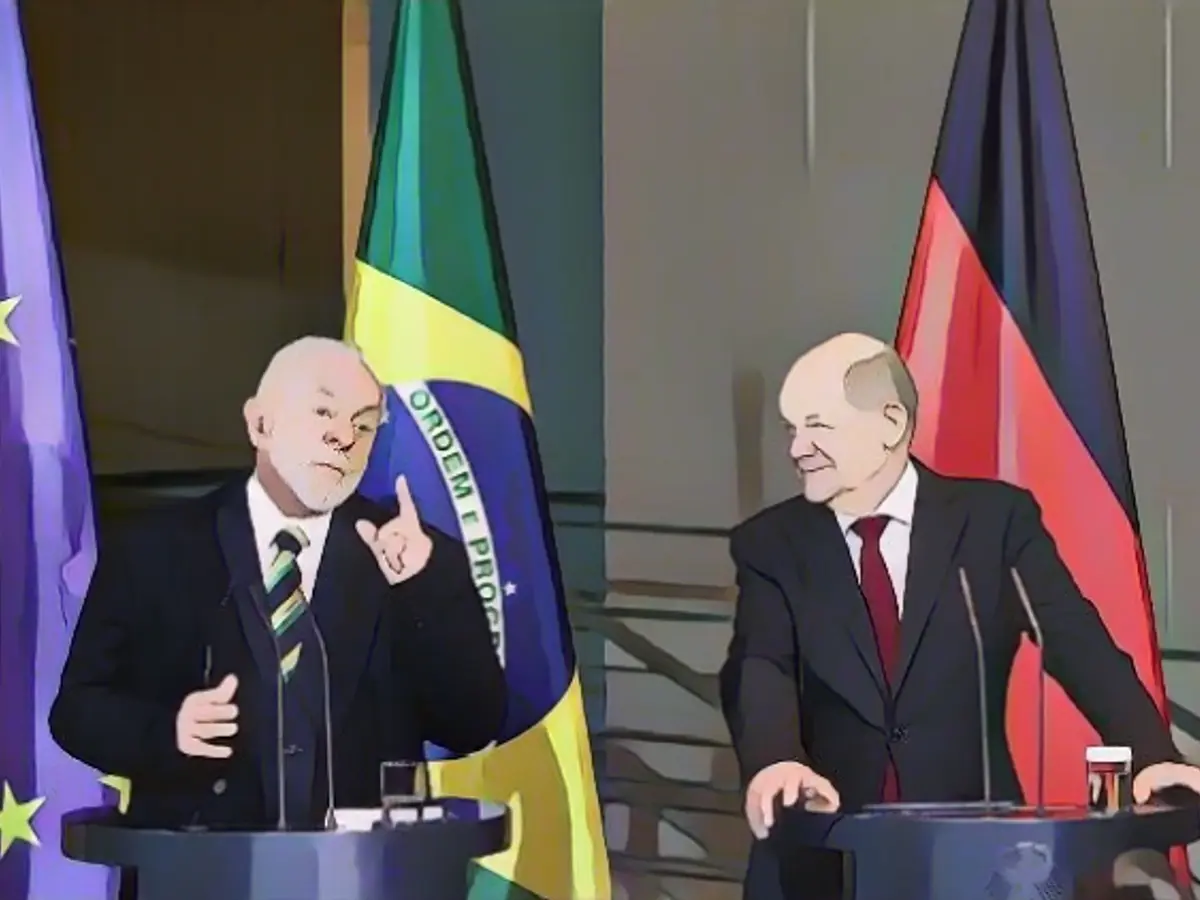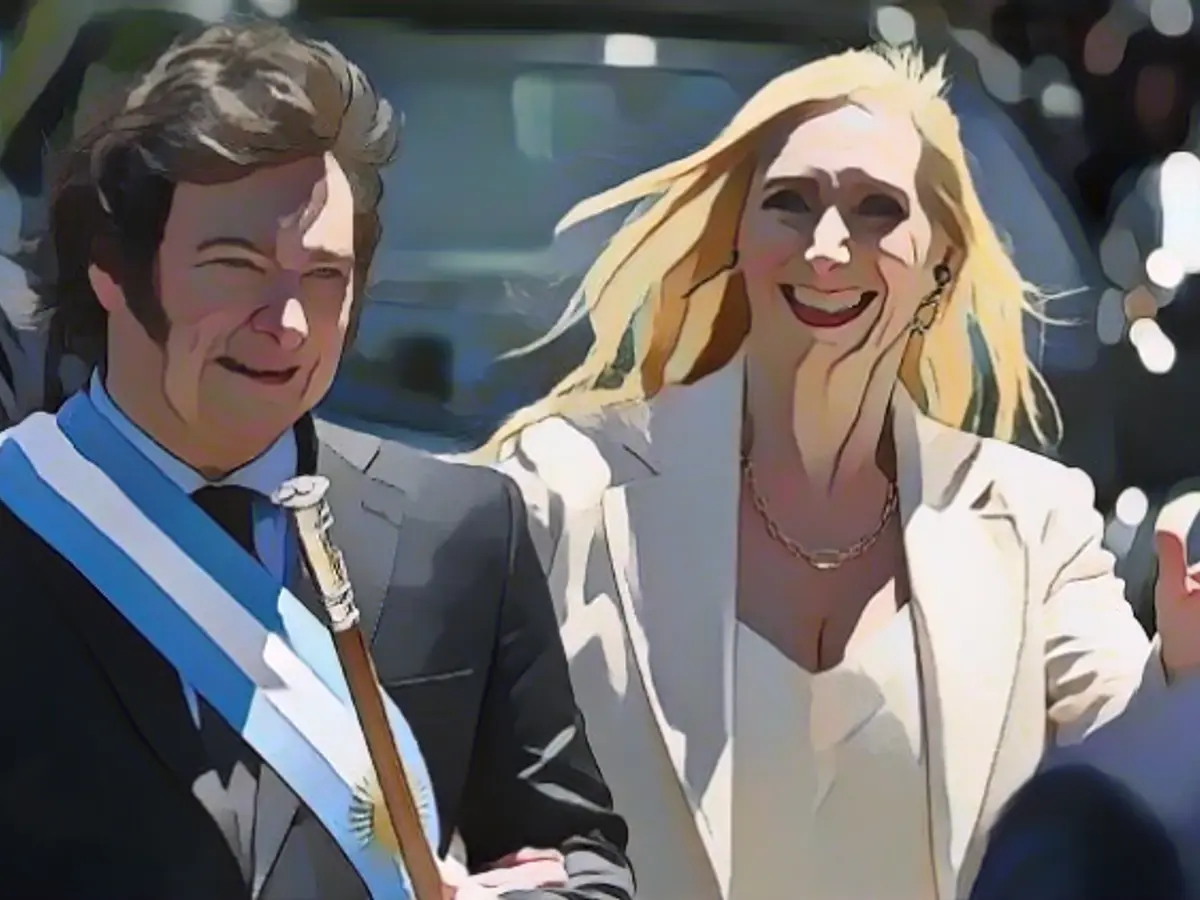Scholz and Lula Push for EU-Mercosur Trade Deal Amid Opposition
German Chancellor Olaf Scholz and Brazil's President Luiz Inacio Lula da Silva have expressed their intention to fight for a free trade agreement between the EU and Mercosur states, despite opposition from France and Argentina. In Berlin, Scholz stated his belief that there would be a majority in favor of the agreement in the EU Council and Parliament. Lula, acknowledging previous French presidents' rejections, remained optimistic about convincing Emmanuel Macron to agree to the deal.
Brazil, an essential trading partner for Germany in South America, supports the agreement, believing it will unlock considerable potential in trade and economic relations, with over a thousand German-Brazilian companies contributing significantly. Both sides signed a joint declaration aiming for a socially just and ecological transformation during their recent consultations, marking their first negotiations in over eight years.
The EU-Mercosur trade agreement's progress remains uncertain due to ongoing concerns, particularly regarding rainforest protection, as talks over the past 20 years have yet to produce an agreement in principle. Despite reported stalemate, Scholz called for a pragmatic approach, emphasizing the potential benefits of improved EU-Mercosur relations.
Insights:
- Support from key EU members: Germany and Spain, substantial exporters to Mercosur, are strong supporters of the agreement. The EU Commission approved the deal, with over 90% of tariffs lifting after gradual implementation.
- Economic benefits: The EU-Mercosur agreement can create a massive free trade zone encompassing over 800 million people, significantly boosting trade volumes and economic growth for both parties.
- Legal and diplomatic process: The agreement requires approval from EU Parliament and governments, with potential ratification in early 2024. EU Commission has completed regulatory scrutiny, and translation into official EU languages is underway.
- Leadership support: Both Scholz and Lula's advocacy can help bridge discrepancies among member states, improving the agreement's chances in negotiations and approvals.
- Gradual implementation: The agreement features controlled sensitive agricultural imports and extended transition periods to avoid market disruptions.
- Broader partnership: The agreement includes a broader scope of cooperation, addressing concerns regarding the deal's impact on agriculture and strengthening sustainability commitments.








